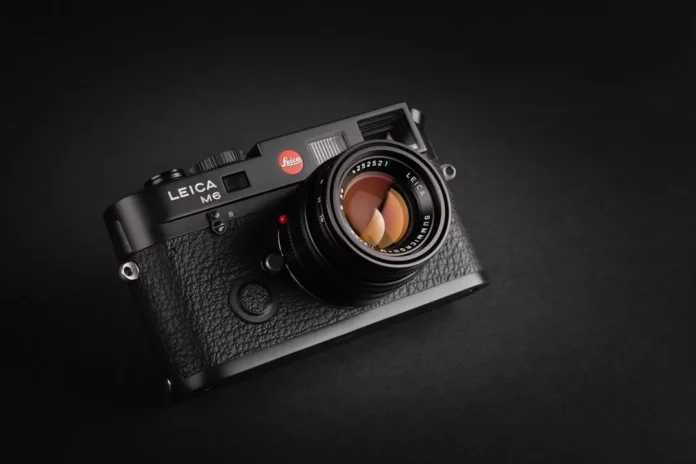Mafia, a word that evokes fear and intimidation, has been a part of Italian culture for centuries. However, in recent years, there has been a growing movement to combat this organized crime group and shed light on its destructive effects. One man who is at the forefront of this movement is claudio La camera, an anthropologist and director of the Museo della ‘ndrangheta.
Located in the small town of Reggio Calabria in southern Italy, the Museo della ‘ndrangheta is a unique cultural institution that aims to educate the public about the history and impact of the ‘ndrangheta, one of the most powerful and notorious mafia organizations in the world. The museum was founded in 2016 by La camera, who has dedicated his life to studying and exposing the inner workings of the ‘ndrangheta.
La camera‘s interest in the ‘ndrangheta began in the 1980s when he was a young anthropology student. He was fascinated by the secretive and complex structure of the mafia and decided to focus his research on it. His studies took him to Calabria, the birthplace of the ‘ndrangheta, where he immersed himself in the local culture and gained a deep understanding of the mafia’s influence on the community.
After years of research, La camera decided to take a different approach to fighting the ‘ndrangheta. Instead of relying on law enforcement and government intervention, he believed that education and cultural awareness were the keys to dismantling the mafia’s power. This led him to establish the Museo della ‘ndrangheta, a museum that would serve as a tool for educating people about the mafia’s history, rituals, and impact on society.
The museum’s exhibits are curated by La camera himself, who has spent years collecting artifacts, documents, and testimonies from former mafia members and their victims. One of the most eye-opening exhibits is the section on “fatture false,” or false invoices, which were used by the ‘ndrangheta to launder money and evade taxes. La camera‘s in-depth research and presentation of these fraudulent practices have helped shed light on the mafia’s economic impact on the region.
But the Museo della ‘ndrangheta is not just a museum; it is also a cultural center that hosts events, workshops, and performances. La camera, who is also a director of theater, uses his artistic skills to create thought-provoking and engaging productions that tackle the issue of the mafia. Through these performances, La camera hopes to reach a wider audience and inspire them to take action against the ‘ndrangheta.
The impact of the Museo della ‘ndrangheta has been significant, not just in terms of educating the public but also in bringing about real change in the community. La camera‘s efforts have led to a greater awareness of the mafia’s presence in Calabria and have encouraged people to speak out against it. The museum has also become a symbol of resistance, with many visitors leaving messages of support and solidarity for those who have been affected by the ‘ndrangheta.
La camera‘s work has not gone unnoticed, and he has received numerous awards and recognition for his efforts in fighting the ‘ndrangheta. In 2018, he was awarded the prestigious “Premio Nazionale per la Cultura Antimafia” (National Award for Anti-Mafia Culture) for his contribution to the fight against organized crime. His dedication and passion for this cause have inspired many, and the Museo della ‘ndrangheta has become a beacon of hope for those who are fighting against the mafia’s influence.
In conclusion, claudio La camera‘s Museo della ‘ndrangheta is a shining example of how culture and education can be powerful tools in the fight against organized crime. Through his work, La camera has not only exposed the dark reality of the ‘ndrangheta but has also given a voice to its victims. His determination and commitment to creating a better future for Calabria are truly commendable, and his efforts have undoubtedly made a positive impact on society. The Museo della ‘ndrangheta stands as a testament to his unwavering dedication, and it is a must-visit for anyone who wants to learn more about the mafia and its impact on Italian culture.

